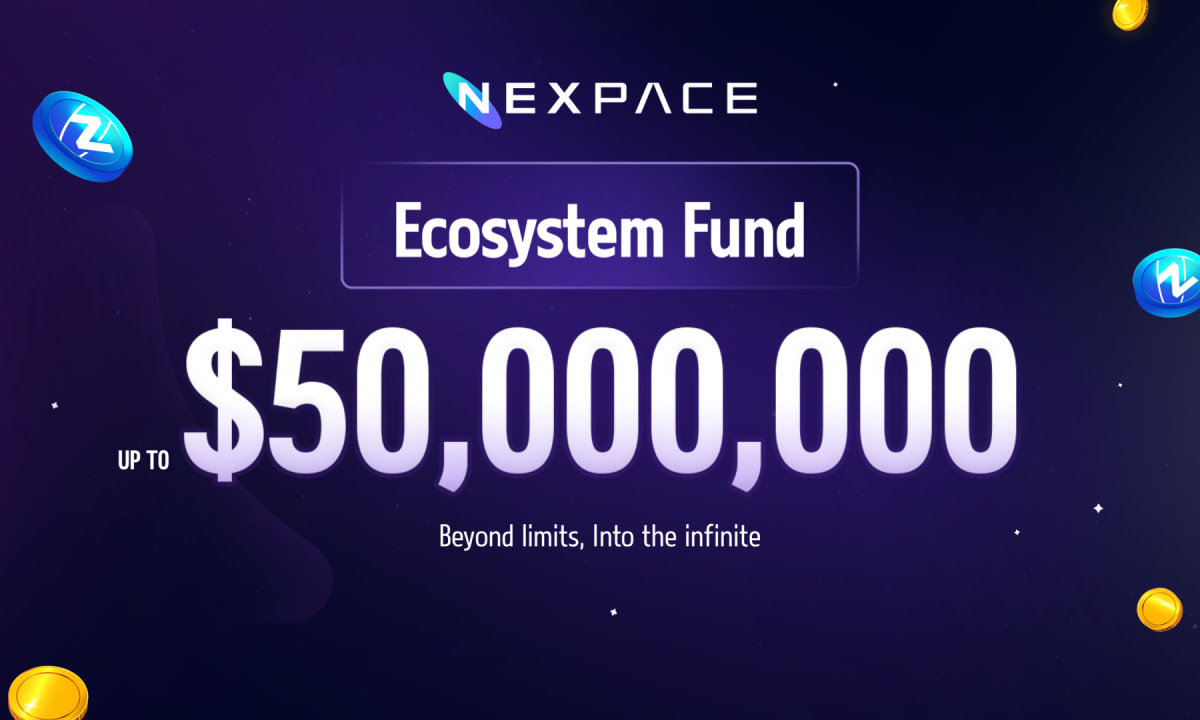New Hampshire has once again etched its name into the annals of financial innovation, becoming the first state in the United States, and potentially the world, to officially approve a $100 million Bitcoin-backed bond. This groundbreaking move signals a profound shift in how sovereign entities might approach debt issuance and treasury management, bridging the chasm between traditional municipal finance and the burgeoning digital asset economy. The decision, coming amidst growing institutional adoption of cryptocurrencies, sets a powerful precedent for integrating decentralized finance principles into government funding mechanisms.
A Landmark in Sovereign Finance
The approval of a $100 million bond directly linked to Bitcoin is a monumental step for New Hampshire, a state known for its independent spirit and often pioneering legislative actions. While precise details regarding the bond’s structure are still emerging, initial reports suggest the bond will leverage Bitcoin either as primary collateral, a direct settlement mechanism, or a combination thereof, providing investors with exposure to the leading digital asset while financing state infrastructure and public services. This innovative approach aims to tap into a new pool of crypto-savvy investors and potentially offer more attractive terms than traditional debt instruments, especially in an environment where interest in alternative assets is soaring.
- Value: $100 million, a substantial sum for a pioneering financial instrument.
- Innovation: First known instance of a US state government issuing a bond with direct Bitcoin ties.
- Goal: To diversify state funding sources, attract digital-native capital, and potentially hedge against inflation.
- Potential Structure: Expected to be either collateralized by Bitcoin held by the state, or offer interest/principal payments directly denominated or settled in BTC ($92,182.00).
- Regulatory Context: Approved under existing financial frameworks, showcasing increasing flexibility and understanding from state regulators towards digital assets.
The Mechanics and Appeal to Investors
The structure of such a bond is crucial for its success and market appeal. Investors in a Bitcoin bond might benefit from several unique features. For example, if the bond’s principal or interest payments are directly tied to Bitcoin’s performance, it offers a novel way for traditional and institutional investors to gain indirect exposure to BTC without directly managing the digital asset. Alternatively, if Bitcoin serves as collateral, it provides an additional layer of security and potentially lower borrowing costs for the state. The appeal lies in the potential for higher returns compared to conventional municipal bonds, coupled with the inherent scarcity and long-term appreciation potential often attributed to Bitcoin. This could draw significant capital from funds and individuals previously hesitant to engage directly with volatile crypto spot markets.
Broader Implications for Public Finance and Digital Assets
New Hampshire’s venture into Bitcoin bonds carries profound implications. Firstly, it could catalyze similar initiatives from other states and even national governments globally, eager to explore innovative funding models and embrace the digital economy. This move further legitimizes Bitcoin as a credible asset class for public sector balance sheets, moving it beyond speculative investment into core financial infrastructure. Secondly, it challenges traditional notions of creditworthiness and risk assessment in sovereign debt, forcing ratings agencies and financial institutions to adapt their models. The integration of Bitcoin into state-level finance represents a significant step towards the mainstreaming of digital assets, blurring the lines between traditional finance and decentralized technologies.
Market Reaction and Future Outlook
The crypto market has reacted with optimism to the news, seeing it as a strong bullish signal for Bitcoin’s long-term utility and adoption. Analysts predict a surge in institutional interest not just in Bitcoin itself, but in structured products and financial instruments that incorporate digital assets. While the immediate price impact of a single $100 million bond might be limited for a multi-trillion dollar asset like Bitcoin, the psychological and precedent-setting effects are immense. Critics, however, warn of the inherent volatility of Bitcoin and potential regulatory hurdles should the model scale rapidly. Nevertheless, New Hampshire’s pioneering spirit is likely to inspire a new wave of innovation in public finance, with digital assets at its core.
Conclusion
New Hampshire’s approval of the world’s first $100 million Bitcoin bond marks a pivotal moment in the evolution of both state finance and the digital asset landscape. By boldly integrating Bitcoin into its debt issuance strategy, the state has not only opened new avenues for funding but also validated the growing maturity and institutional relevance of cryptocurrencies. This innovative step is poised to reshape discussions around public sector investment, risk management, and the future of money itself, setting a powerful example for governments worldwide to follow.
The post New Hampshire Greenlights Historic $100M Bitcoin Bond: A New Era for State Finance appeared first on FXcrypto News.


















 24h Most Popular
24h Most Popular








 Utilities
Utilities